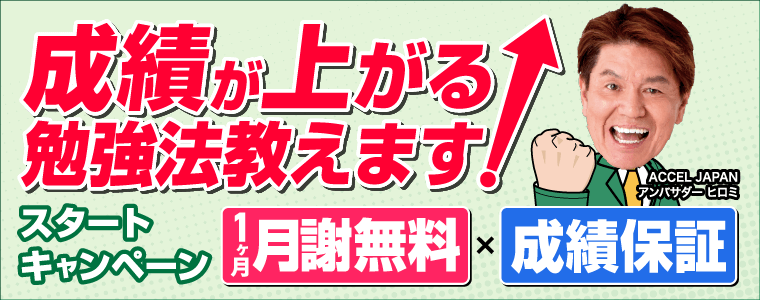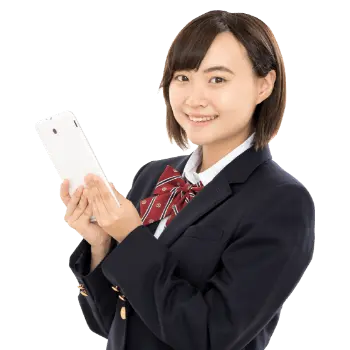
教室ブログ
高校生用の英語教科書『POLITE FICTION』より。今の時期に相応しい内容です。
和訳はAIではありません。ましてや知恵袋(→調べたらありました)でもありません。念のため。
When New Year’s greeting card time comes around, Japanese students always ask me how to say “kotoshi mo dozo yoroshiku” in English. They are surprised when l tell them that you simply don’t say that in English because it would make a very bad impression. Since “dozo yoroshiku” is one of the most frequently used polite expressions in Japanese, they naturally find it hard to believe that it could sound bad in English. How could so obviously polite an expression be misunderstood?
In Japan, you must politely emphasize the other person’s superiority and power, and your own corresponding inferiority and weakness. Thus it is polite to imply that you will always need the other person’s help. “dozo yoroshiku” asks for help, not only for a specific problem, but as a general condition. The Japanese polite fiction is that “l depend on you’ not just in certain situations, but all the time.
But in America, you must politely assume, not the other person’s superiority or your own inferiority, but mutual equality. And so the necessary corollary is, not that you are helpless, but that you are self-reliant. The American polite fiction is that “you and l are independent.”
This means that while l may need your help in a specific situation, as a general rule l can manage on my own. Therefore, to be polite, I must imply that I can stand on my own two feet. To express an attitude of general dependence on the other person would sound weak and irresponsible, as if l were unwilling to do my share.
Of course, in real life, Americans depend on their friends and relatives. But this mutual dependence is unspoken; it literally goes without saying. To put it into words makes it sound like an extraordinary request. So on New Years cards, it is customary to say “Best wishes” or “Good luck”, but never “Please continue to help me.”
全訳
年賀状の季節がやってくると、日本人学生はいつも私に「今年もどうぞ宜しく」を英語でどう言えばよいのか尋ねてくる。英語では悪い印象を与えるのでその様には言わないと私が言うと、彼らはびっくりする。「どうぞ宜しく」は、日本語では最もよく用いられる丁寧な表現のひとつなので、それを英語にすれば印象が悪くなるということを信じられないのも当然だろう。これほど明らかに丁寧な表現が、どう誤解されてしまうのだろう。
日本では、貴方は礼儀正しく、相手の優位性と力、そしてそれに対する自分の劣等生と弱さを強調しなければならない。従って相手の絶え間ない助けがなければ自分は常に無力である、と示唆するのが礼儀にかなっているのであろう。「どうぞ宜しく」という日本語の表現は、ある特定の問題のためだけではなく、全般的に助けを求めるものである。日本人のPOLITE FICTIONは、ある特定の状況においてだけではなく、常に「私はあなたに頼っています」というものなのだ。
しかしアメリカでは、礼儀として相手の優位性や自分自身の劣等生ではなく、お互いの平等を前提しなければならない。従って当然ながら、自分は無力だということではなく、自分の力でやっていけるという前提が必要となる。アメリカ人のPOLITE FICTIONは「貴方と私は自立している」というものなのだ。
つまりある状況では、貴方の助けを必要とすることがあるかもしれないが、概しては自分の力で何とかできるということを示唆しなければならないということだ。従って礼儀として、私は自分自身の2本の足で立つことができるということを示唆しなければならない。相手に全面的に依存しているという態度を表に出すと、あたかも自分の役割を果たしたくないかのように、弱く無責任に聞こえてしまうだろう。
もちろん実際の生活では、アメリカ人は友人や親類に頼っている。しかしこの相互依存は口にはされない。文字通り、言わずもがなのことなのだ。それを言葉にしてしまうと、まるで特別な要求のように聞こえてしまう。だから年賀状では「ご多幸をお祈りします」とか「お幸せに」などと書くのが普通で、「これからも助けて下さい(宜しくお願いします)」とは決して書かないのだ。(文責:教室長 菅野)
すべて無料!
丁寧にサポートさせていただきます!
お急ぎの方はこちら! 電話でもお伺いいたします!
フリーダイヤル(受付時間10:00~22:00)




